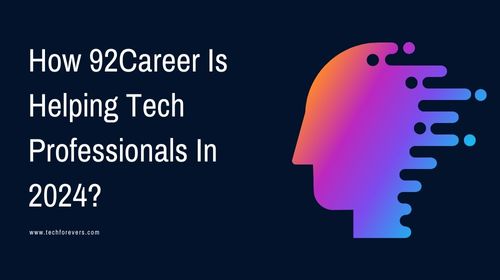How To Change Twitter Color On Mobile? A Step-By-Step Guide
Mostly, people think that X (formerly known as Twitter) is mostly used for its reliable news-sharing feature. Undoubtedly, it has had a great impact on making Twitter one of the most-used social media platforms with 335 million active users. But there are certain unique features too that play their role in making this platform lovable by the social … Read more








